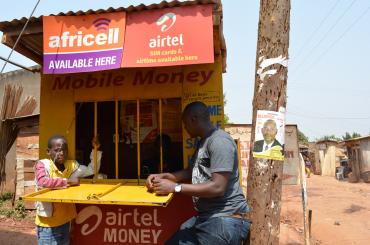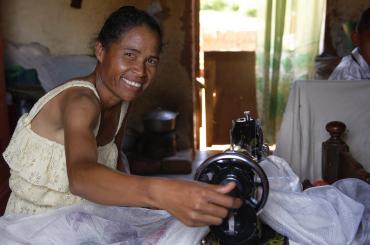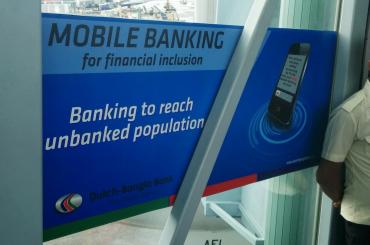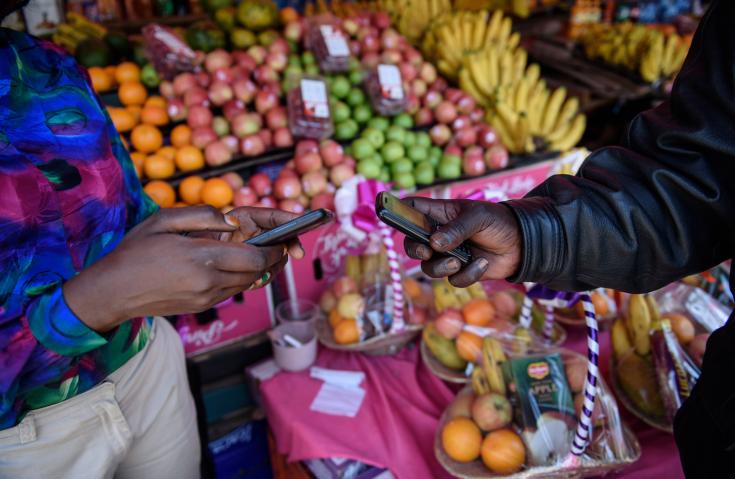
financial inclusion
-
Mobile Money: Issue 2
-

Rebuilding Sudan’s digital infrastructure amidst conflict
How has the destruction of digital infrastructure exacerbated the humanitarian crisis in Sudan?
-

Can fintech help migrants make better remittance decisions and improve financial inclusion?
Fintech has the potential to enhance financial inclusion and welfare for low-income migrants, but its benefits may be limited for migrants with lower financial literacy.
-

Mobile money markets and financial inclusion in Africa
How did adopting platform "interoperability" - a policy that promotes transactions and competition across operators - impact mobile money users in Africa?
-

The impact of mobile money on poor rural households: Evidence from Uganda
Mobile money agents need additional support to transform lives in poor rural areas
-

Designing financial services and social protection programmes to enhance women’s economic empowerment
Financial inclusion programmes must be designed to ensure that women can act with financial independence
-

The impact of digital credit in low-income countries
Digital credit does not appear to systematically improve lives, while the lack of transparency raises serious concerns about predatory lending
-

Impact of access to banks on development: Evidence from Brazil
A financial development programme showed strong positive effects from expanding financial access to underbanked cities
-

Learning to navigate a new financial technology: Evidence from Bangladesh
How do consumers learn to navigate a new financial technology? An experiment with workers from Bangladesh suggests that experience makes a difference
